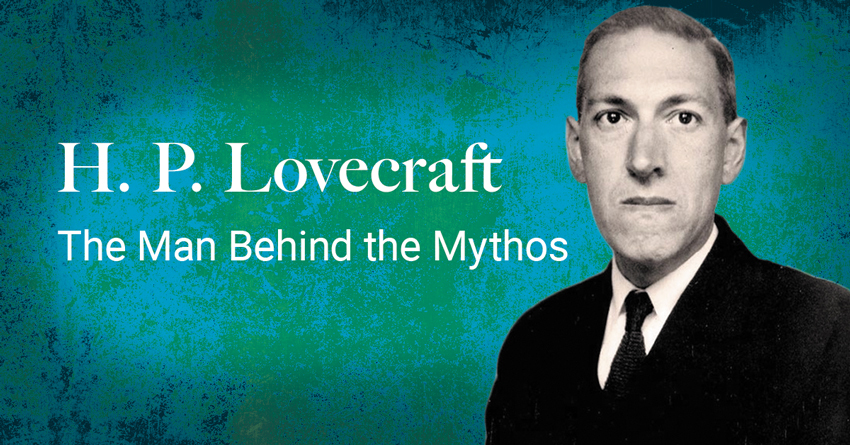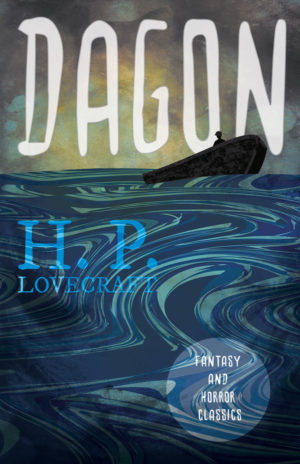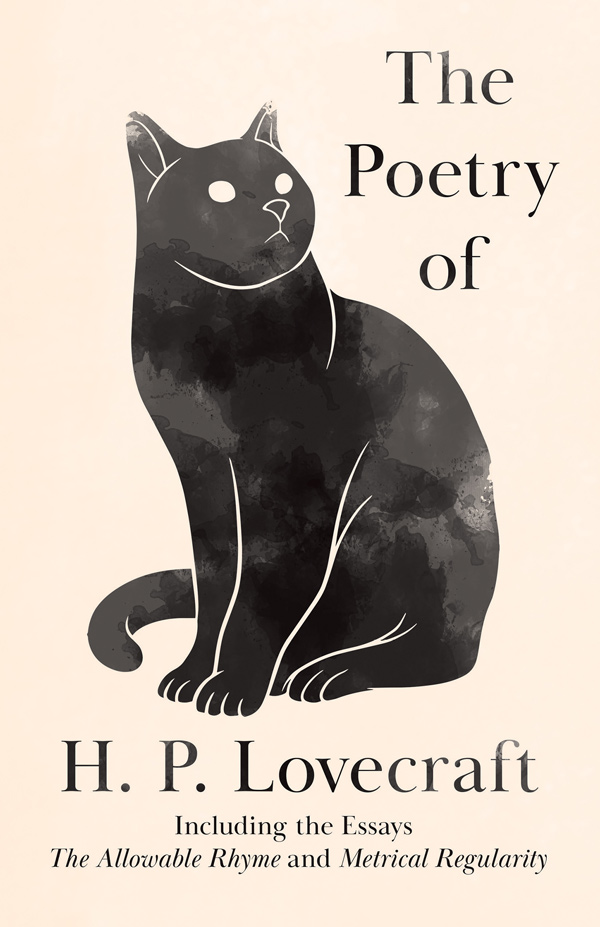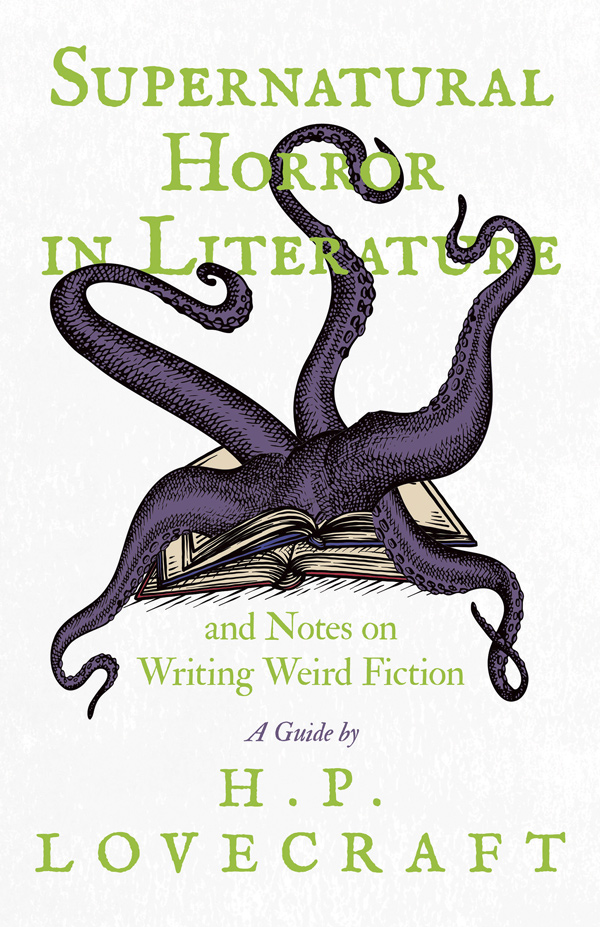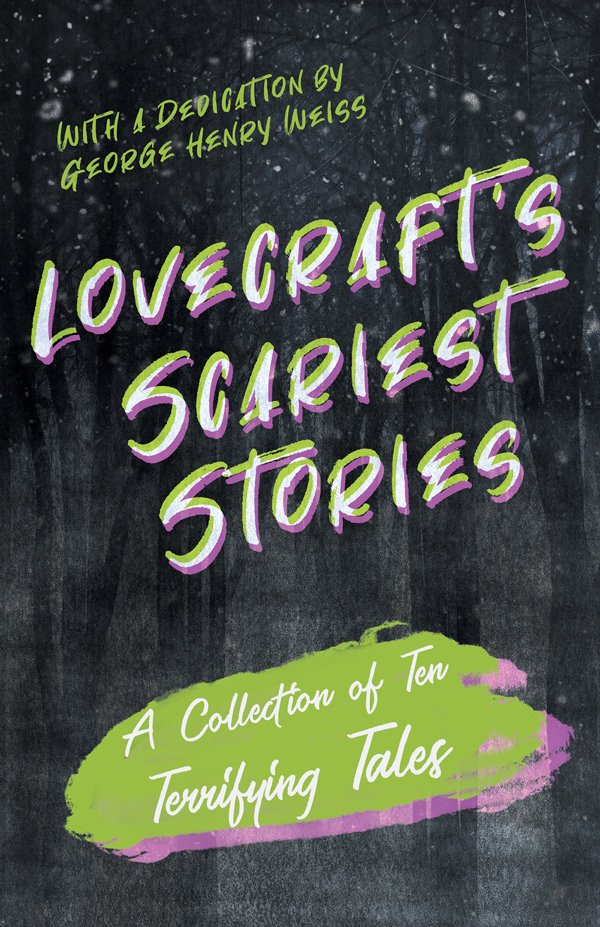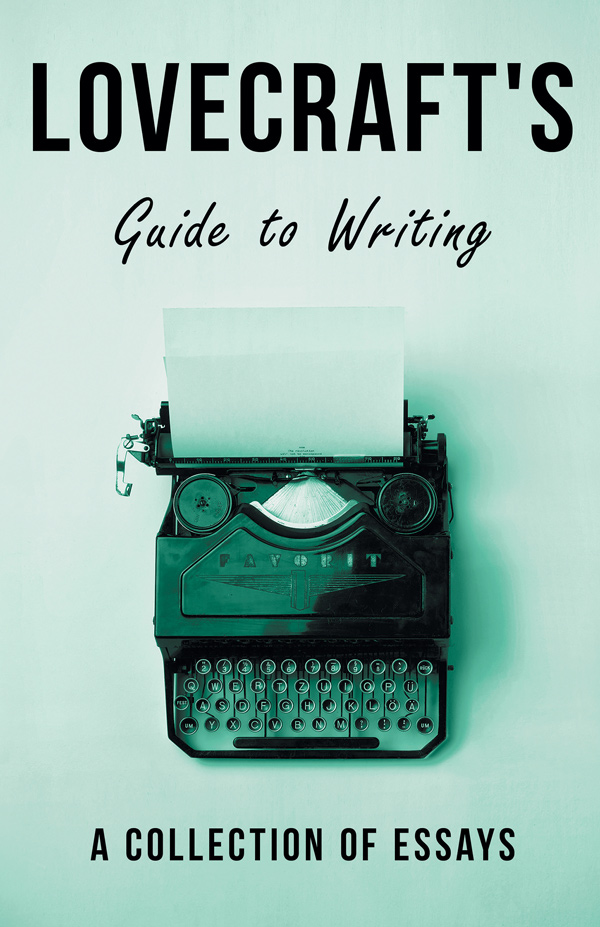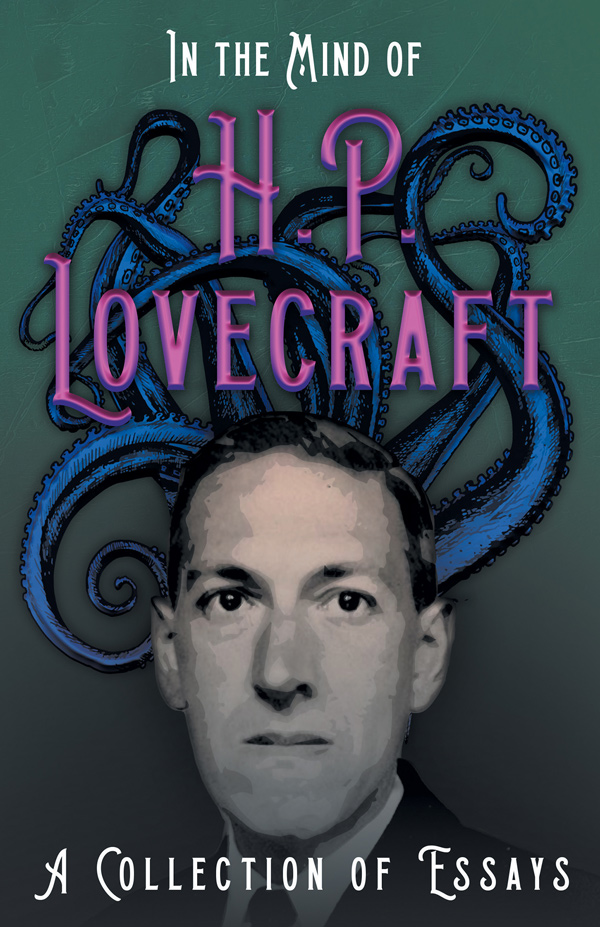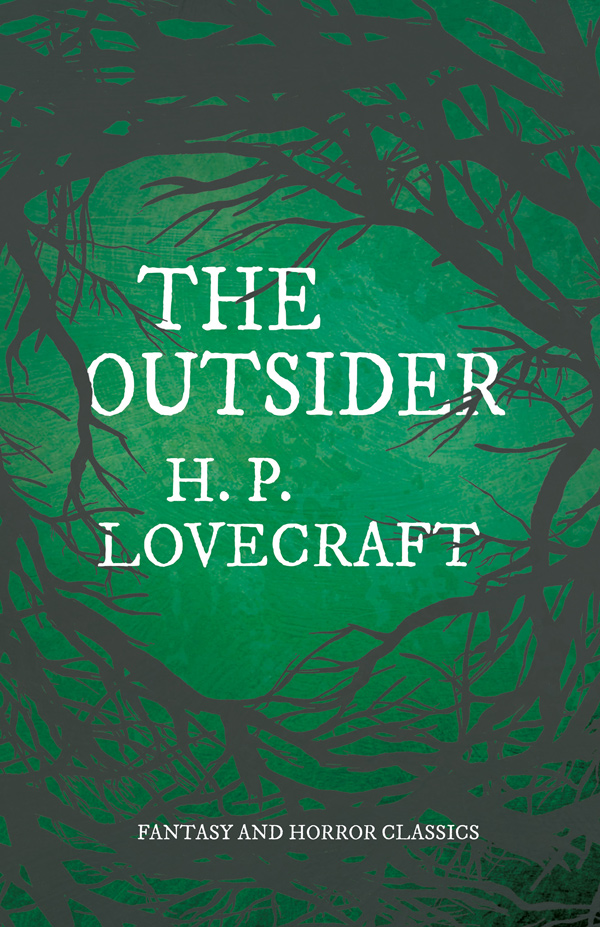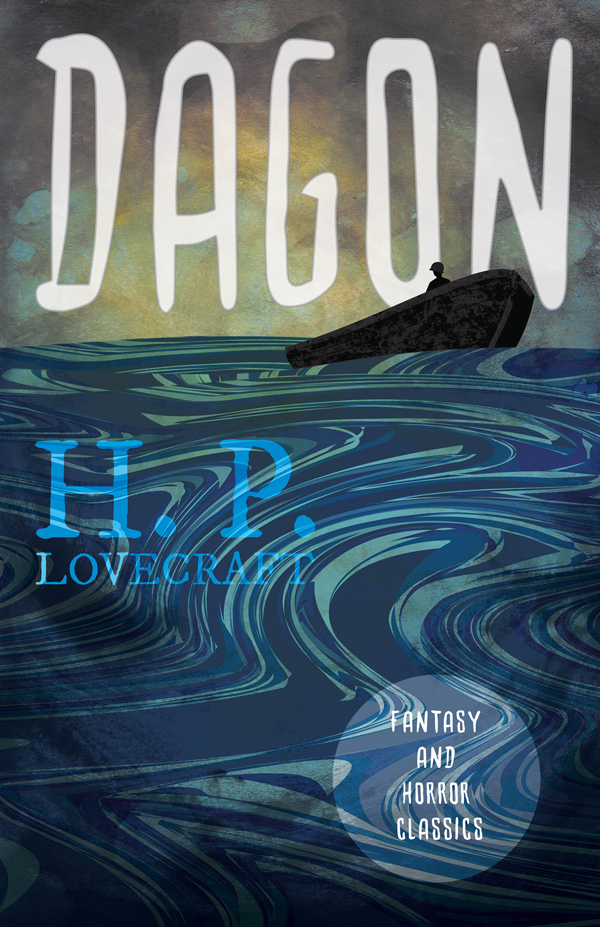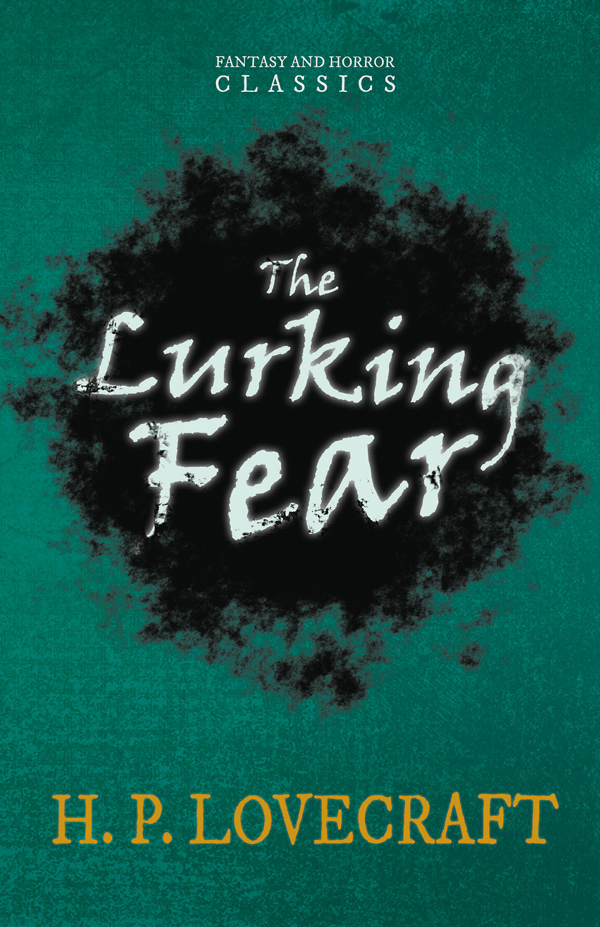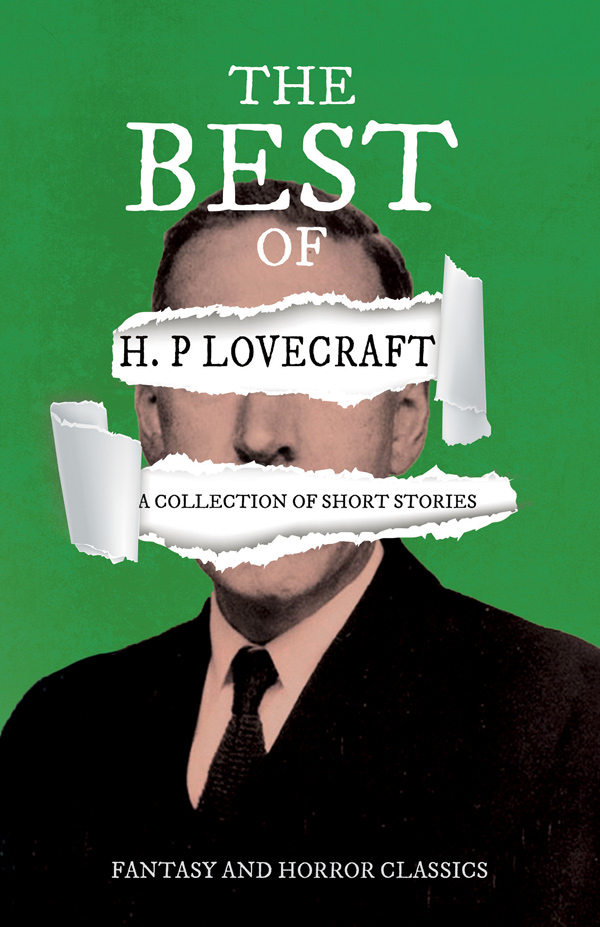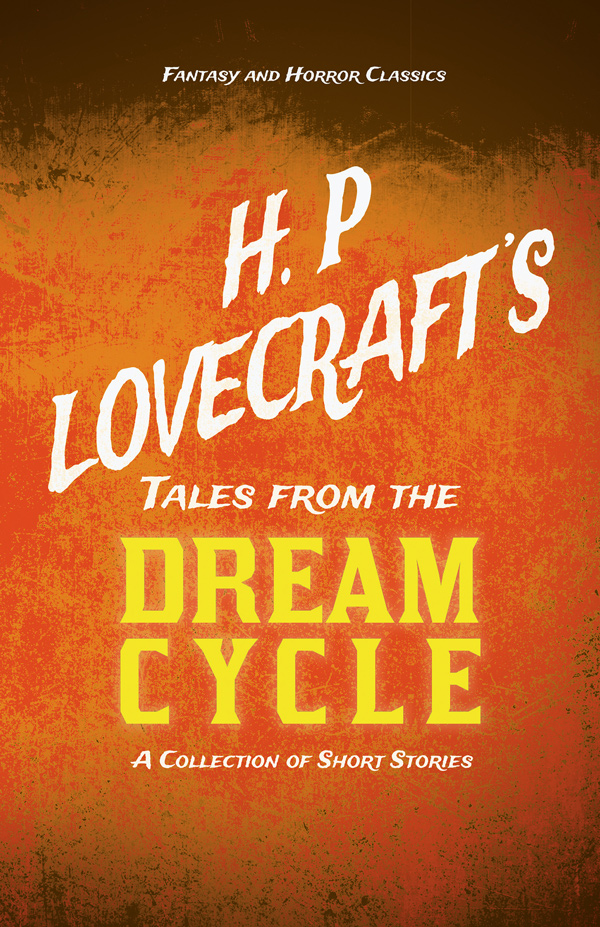Horror fiction writer H. P. Lovecraft built a universe filled with monsters, extraterrestrial gods, and ancient secrets. He had a successful cult following during his lifetime, but it was only after his death that he gained widespread fame for his work. His stories of the weird and macabre would go on to inspire countless works and have a profound influence on popular culture.
In celebration of his birthday later this month, we’ve created a new collection of his work, featuring well-known titles such as The Call of Cthulhu, Dagon, The Shadow Over Innsmouth, as well as collections of his letters and essays.
To unmask the man behind the mythos, delve into the dark world of H. P. Lovecraft below.
H. P. Lovecraft
Howard Phillips Lovecraft was born in 1890 in Rhode Island, USA. He was born into wealthy beginnings, but after the death of his father and grandfather, the family’s wealth dissipated, leaving him and his mother destitute.
Lovecraft was a sickly child, suffering from ‘near breakdowns’ that caused him to spend many of his school years at home.
He became an avid reader and began writing at a very young age, inspired by authors such as Edgar Allan Poe, Lord Dunsany, and English horror writer Arthur Machen, along with his own nightmares and horror stories from his childhood. From 16, he wrote the astronomy column in the Providence Tribune and quickly developed a deep and abiding interest in science.
However, in 1908 aged just 18, Lovecraft suffered a nervous breakdown and failed to get into university, sparking five years in which he all but vanished.
‘I could not help feeling that they were evil things — mountains of madness whose farther slopes looked out over some accursed ultimate abyss.’
—H. P. Lovecraft, At the Mountains of Madness
It was only after H. P. Lovecraft was invited to join the UAPA (United Amateur Press Association) in 1913 when he began writing again. During this period of his life, he focused on writing fiction and produced his well-known early stories such as Dagon and A Reminiscence of Dr Samuel Johnson.
In 1924, Lovecraft relocated from Providence to Brooklyn to be with his new wife, Sonia Greene. Enthralled by New York and his new group of literary friends, he began submitting stories to Weird Tales, an American fantasy and horror fiction pulp magazine. However, they were much criticised by the readership.
Not long after he and his new wife had set up in Brooklyn, Lovecraft began to despise his new city. After Sonia had moved to Cleveland for a job opportunity, Lovecraft relocated to a small first-floor apartment on the ‘edge of Red Hook’, Brooklyn, a place which would go on to cause him significant discomfort. He wrote the short story The Horror at Red Hook in reaction to the squalid living conditions.
The Horror At Red Hook is his most overtly racist story, full of Lovecraft’s public opinions on the abundance of immigrants in New York at the time. He was well known among his following for being an out-and-out racist. However, his extreme xenophobic opinions were usually implied, sitting just under the surface of his stories. The Horror at Red Hook was well received, and was one of the only stories that Lovecraft saw in print, even though he called it ‘rather long and rambling‘. Critics have since gone on to disparage the story due to the racist language.
In 1925, when his wife lost her business and assets, Lovecraft tried to support her with regular jobs but found himself unqualified for anything other than low-level roles. Lovecraft himself was also having difficulty with work at the time, with Weird Tales changing editor and his submissions to the magazine becoming rejected. To add insult to injury, while his wife was travelling with work, Lovecraft’s tiny apartment was burgled, leaving him with only the clothes he was wearing.
‘My coming to New York had been a mistake; for whereas I had looked for poignant wonder and inspiration […] I had found instead only a sense of horror and oppression which threatened to master, paralyze, and annihilate me.’
—H. P. Lovecraft, The Horror at Red Hook
It was around this time of personal discontent that Lovecraft wrote his most famous piece, and inspiration for the entire Lovecraftian Universe, The Call of Cthulhu. Said to have been majorly influenced by Tennyson’s poem ‘The Kraken‘, Lovecraft’s Cthulhu monster is described as an ancient god in the shape of a gigantic octopus, dragon, and human caricature, set to wake from its slumber and wreak havoc on the human race. Much like his other work, The Call of Cthulhu plays with the idea of the insignificance of humanity in the universe while there are higher powers at play.
Lovecraft’s story The Call of Cthulhu and its grotesque octopus monster sit at the centre of a much bigger universe – The Cthulhu Mythos. With many of his stories connected by one grand mythology, Lovecraft created dozens of weird and terrifying creatures in his writings.
The name for Lovecraft’s Universe was first coined by August Derleth, who was the first to publish Lovecraft’s work. This ‘self-contained literary universe ruled by a pantheon of fearsome deities‘ became iconic in the fantasy and horror genre. It would go on to inspire contemporary horror fiction writers and continue to evolve long after Lovecraft was gone.
Lovecraft moved back to Providence in 1926, and not long after, he and his wife divorced. Here, he wrote a considerable amount of ghost-stories, revised work for other authors and continued producing stories that had little monetary value. A well-known recluse, he became known for being extremely sensitive to criticism and easy to withdraw his work from sales, despite the interest from publishers and magazines.
In 1936, he witnessed the publication of The Shadow Over Innsmouth in paperback but was left unimpressed at the quality of the print. Only 200 copies were bound, and the manuscript destroyed by the publishers when they went out of business.
The lack of success in the latter part of his life ceremonially marked the end of Lovecraft’s writing career. Never being able to provide for himself through his writing, H. P. Lovecraft lived his last years frugally, up until he died from cancer aged only 46, in 1937.
The Legacy of H. P. Lovecraft
Now considered the master of 20th-century cosmic horror, it is without a doubt that his stories have had a significant influence on all aspects of the fantasy and horror genre.
He had a collection of literary comrades that were known as the ‘Lovecraft Circle‘. Consisting of other contemporary writers such as August Derleth and Clarke Ashton Smith, they frequently borrowed Lovecraft’s motifs in their work. After he died in 1937, the Lovecraft Circle carried on, expanding his vision of the Cthulhu Mythos to even more significant heights.
It is also well known that Lovecraft poured many of his racist beliefs into his work, with his stories of the bizarre and macabre full of racist views bubbling below the surface. Despite his genius, it remains a common criticism of his work and a stumbling block for modern audiences. His extreme xenophobic opinions are much more explicit in his letters and continue to cause a point of contention with his readers.
‘While his influence on the modern horror genre is undeniable, neither is the fact that he was an out-and-out racist.’
His work has helped shape the modern horror fiction and fantasy genre as we know it today. Influencing contemporary horror writers such as Stephen King, and Ramsey Campbell, as well as having a significant impact on Japan’s manga and anime media. His influence can also be seen in the music world, with bands such as Metallica creating songs based directly on his fictional Mythos, and even the psychedelic rock band ‘H. P. Lovecraft’ named themselves and two of their albums after the man himself.
H. P. Lovecraft was a mastermind of cosmic horror and has left a strong legacy in his wake. His fantasy and horror story universe, The Cthulhu Mythos, continues to inspire countless generations preceding him. Although relatively unknown during his lifetime, his writing has gone on to have a profound effect on popular culture.

